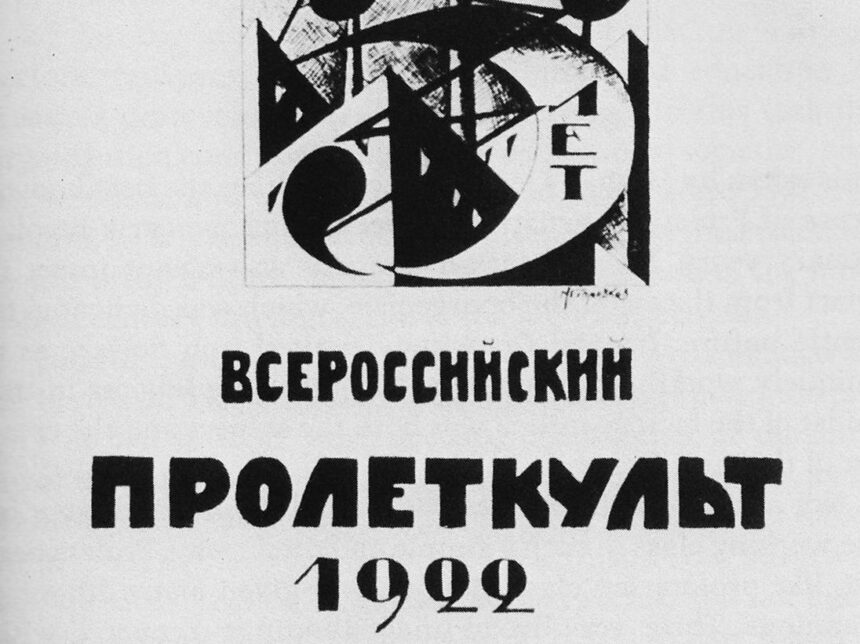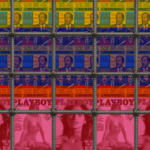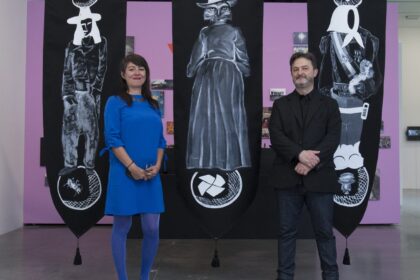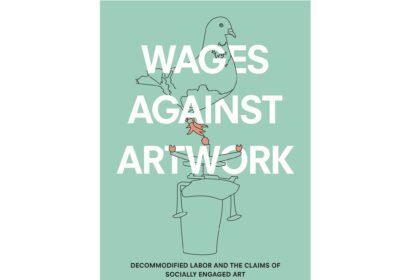Editorial | Winter 2022
FIELD: A Journal of Socially Engaged Art Criticism is pleased to announce the launch of issue #20 (Winter 2022). This issue includes two essays which analyze the complex processes of street-based and performative protests, waged against authoritarian regimes. Mai Corlin documents the broad range of critical street art and social media work that emerged during the 2019 protests against the growing influence of the Chinese Communist Party in restricting free speech in Hong Kong. Much of this material centered around the unrestrained violence of the Hong Kong police (the Hong Kong “popo” as they are known), which included the blinding of a young nurse who was shot in the eye by a police beanbag. Following the imposition of a draconian new national security law in June of 2020 (which essentially criminalizes all forms of protest or dissent against Chinese domination), opposition to the regime has been almost entirely extinguished on the island. In her essay ”Strategies of Negation in Belarusian Art During the 2020 Anti-Government Uprising,” Olga Kopenkina addresses the diverse actions waged by artists and activists in Belarus against the increasingly authoritarian regime of Alexander Lukashenko, the country’s long standing president and ally of Russian President Vladimir Putin. Issue 20 also includes a detailed examination of Tre Titoli, a participatory film project developed by Italian artist Nico Angiuli in southern Italy. As described by Emanuele Meschini and Elisabetta Rattalino, Tre Titoli drew on the complex political history of agricultural labor in the village of Cerignola, the home of famed union activist Giuseppe Di Vittorio whose memory remains an active presence in the town. Here the early twentieth-century history of Italian syndicalism was re-mobilized through a set of collaborative interactions between Italian agricultural laborers and more recent Ghanaian immigrants struggling with increasingly exploitative working conditions. Issue 20 includes a third feature essay, by Ryan Evans, which explores a set of innovative, disability arts practices developed in London (by Ambient Jam, a movement and sound improvisation ensemble) and Minnesota (by Interact, an experimental theater company). In each case, as Evans argues, we find these organizations challenging the conventional “carer-cared for” dynamic that typifies mainstream social attitudes towards the disabled. Finally, this issue features three reviews of recent books that explore various facets of contemporary cultural politics, including Sascha Crasnow’s review of Potential History: Unlearning Imperialism by Ariella Aïsha Azoulay, Denisa Tomkova’s review of Sociopolitical Aesthetics: Art, Crisis and Neoliberalism by Kim Charnley, and Kristina Stahl’s review of Culture Strike: Art and Museums in an Age of Protest by Laura Raicovich. I also want to note that readers might notice some occasional glitches with the FIELD WordPress template, which has, sadly, become out of date. We are gearing up for a design overhaul this summer, at which point the site should be much more stable. We apologize for any inconvenience this might cause to our readers or contributors in the interim.











